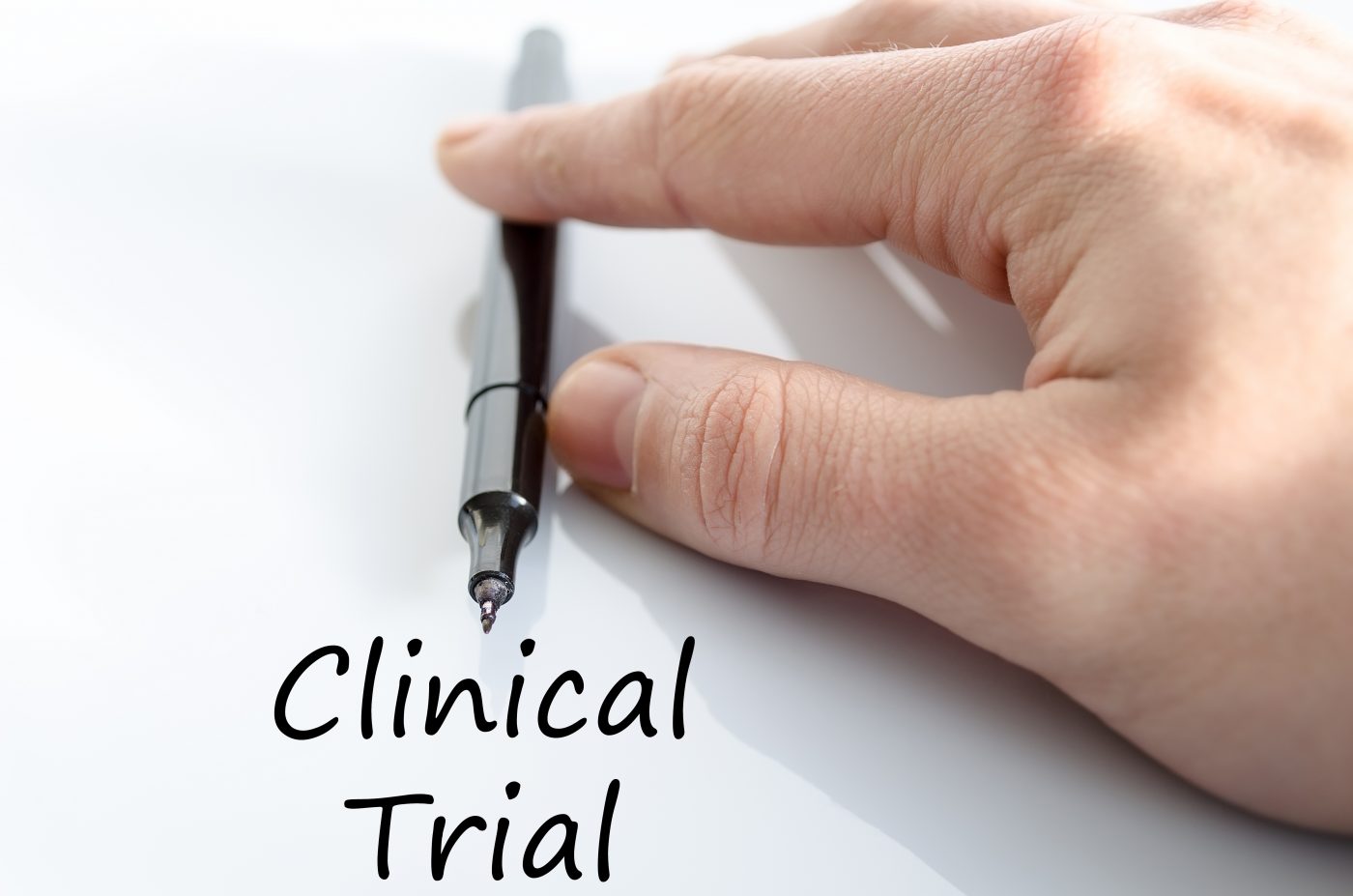Potential Lupus Treatment, RSLV-132, Shows Positive Results in Early Clinical Test

Resolve Therapeutics has successfully completed a dose escalation study of its candidate drug RSLV-132 targeting systemic lupus erythematosus (SLE).
RSLV-132 works by breaking down the RNA found in immune complexes. Increasing evidence shows the importance of RNA bound to autoantibody immune complexes to activate the inflammatory pathway regulated by interferon. The drug is a so-called Fc fusion protein, an engineered molecule consisting of human RNase — an RNA degrading enzyme — and a human IgG antibody. The drug targets immune complexes, and renders them dysfunctional through the break down of RNA. This prevents the activation of the inflammatory interferon pathway that is typically activated in SLE.
The trial was performed at multiple locations across the U.S. and investigated tolerability and safety in 32 individuals with mild SLE. The study group was divided into four dose cohorts, with doses ranging from 0.3 mg/kg to 10 mg/kg given once per week or bi-weekly.
According to a press release issued by Resolve, the rates of adverse events were comparable in the group treated with RSLV-132 and the placebo group. Most adverse events were mild and could not be related to the drug treatment. Only one patient stopped the treatment prematurely due to a serious adverse event that was not drug-related.
The study also investigated the drug characteristics, with Resolve reporting its half-life in patients’ serum was approxiamtely 19 days, which means that monthly dosing could be possible. Additionally, no subjects in the study tested positive for anti-RSLV-132 antibodies.
Changes in disease activity were monitored and 44 percent of patients treated with RSLV-132 showed improvement in disease activity during the study, compared to 33 percent in the placebo group. Improved disease activity was accompanied by decreases in RNA autoantibodies or signs of interferon activation in some cases.
“These data provide evidence of the safety and tolerability of RSLV-132, while the improvements in disease activity and decreases in RNA autoantibody levels in this short one-month study are very encouraging support for this new mechanistic approach to lupus. We believe RSLV-132 holds great promise for the large number of patients suffering from lupus who are poorly controlled on the currently available therapies,” James Posada, chief executive officer of Resolve Therapeutics, said in a press release.





